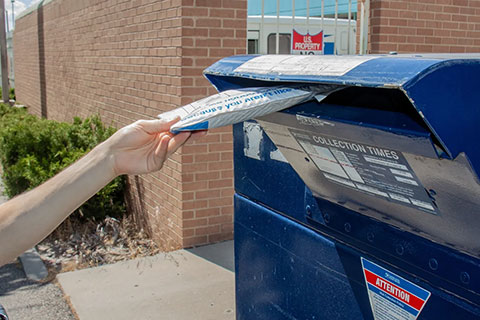
The Pentera Blog
Trust in Charities Is High but Varies Significantly by Age, Income, and Charity Type
Public trust in charities remains relatively high, but the types of charities people trust vary significantly by age and income—according to a new survey by the Better Business Bureau Wise Giving Alliance.
The survey of 3,200 adults in the U.S. and Canada found that charities enjoy a higher level of trust than other institutions in society, including banks, education, business, the media, and government. But it also found only 20% of respondents had a high level of trust in charities, while 70% said it is important to have a high level of trust before making a donation.
The survey also found that the types of charities people trust vary according to their age and income. It found high annual income households (those earning more than $200,000) had significantly more trust in educational organizations than those with lower earnings. Conversely, it found middle- and lower-income households have greater levels of trust in veterans organizations than their higher-income counterparts.
The survey also found variations by age. Baby Boomers and Silent Generation individuals gave the highest trust marks to veterans and religious organizations, while younger people (Millennials and Gen Z) expressed the most trust in international relief organizations, civil rights/community actions groups, and educational nonprofits.
Another notable difference the survey uncovered is that middle- and lower-income households are more likely to welcome appeals for donations. Just 29% of upper-income households said they would donate more if approached or welcome contact from nonprofits; that percentage increases to 37% for middle-income households and 35% for lower-income households.
The survey also found that web-based giving was the most popular channel of making a donation in 2022, accounting for about 29% of contributions—up from 26% in 2017. Responding to mailed appeals, meanwhile, dropped from 28% of giving in 2017 to 18% in 2022.
With trust being essential for fundraising success, it’s important to note that the survey found that the most effective way charities can earn trust is for them to share their accomplishments, such as families served or other metrics. This was true for all age and income brackets; however, the survey also found many people—especially those in high-income households—consider financial ratios (the proportion of their revenue that charities spend on management and fundraising) and third-party evaluations as important signals of trustworthiness.
You can read the full Donor Trust Report here.


